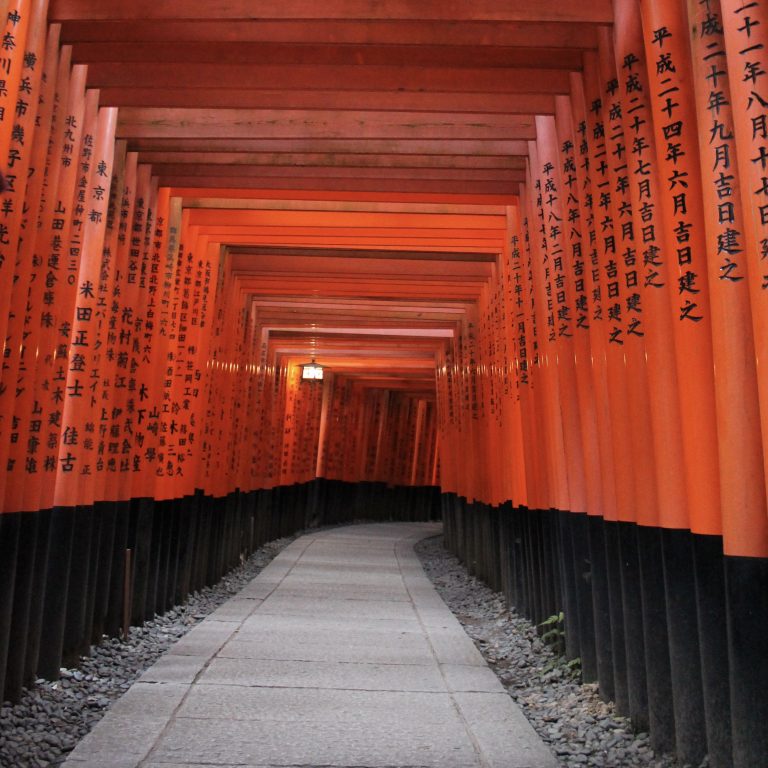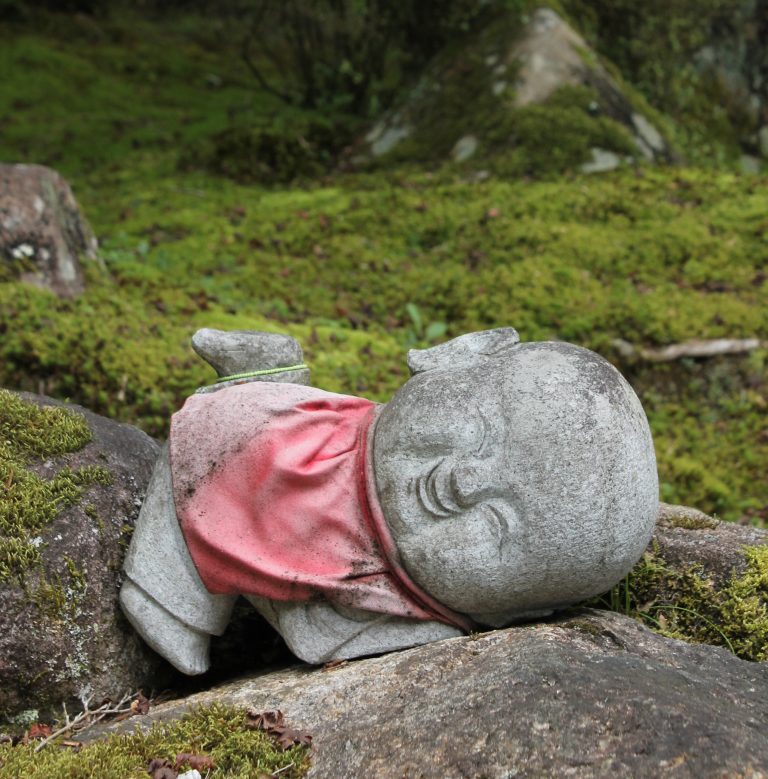After many months of bone-idleness I’d finally started running again. My biggest inspirations for going running on any given day are 1) the weather 2) if I have something interesting to listen to and 3) how much rice I consumed the day before. In the past, I always listened to “running music”. You know the type: on-steroids mixed with I’m a mother fucking hero. The type of music that most of us would never subject ourselves to at any other time.
I don’t know about you, but for me, steroid music is not a genre that I actually particularly enjoy. Nowadays when I sloth around the streets of Tokyo, I prefer to listen to podcasts. And during this morning’s snail-paced-yet-somehow-sweat-filled run, I listened to an episode of Meg Kissack‘s Courage Makers podcast, called Perfectionism, Gratitude and Daily Practices.
In this podcast Wendy de Jong, a self-confessed perfectionist, provided a personal account of how she works through perfectionism. It turned a cog in my brain.
A few hours later – after I had recovered from my sweaty slothing – I stumbled upon a BBC article that highlighted some of the issues Japanese people faced learning English.
The article said there is “a barrier from a culture of perfectionism in Japanese education, with a belief that there is a ‘right’ way to do something.”
Now all of my brain cogs were turning. Perfectionism was something I usually strived for. Was that not right? Isn’t perfection the ideal? Now that I think really think about it, perhaps perfectionism always has been a hindrance to me.
Why Perfectionism is a Pain in the Fanny-pack
For my first website, it took me months just to choose the domain name. And even longer just to write my first post. Ridiculous right? I felt this enormous (self-generated) pressure to make whatever I was doing “perfect”. Which often meant that I never even wanted to start. As the BBC article said, I wanted to do it the “right way”.
Margaret Attword – “If I waited for perfection… I would never write a word.”
The logical side of my brain knows that spending 50-times as long doing something is not productive. In fact, most of the time it even produces a poorer result – especially when it comes to writing (this post could be testament to that). The creative brain just wants to be free to roam. Not edited, chopped and screwed in the process. Writing and editing are two completely different things. But the perfectionist in me always wants the first draft to be perfect. The perfectionist in me wants to conquer everything.
How Perfectionism Manifests Itself
Whether or not the BBC article is true in its “Japan” claim, being a perfectionist probably means different things to different people. For me, it manifests itself in the form of never ending to-do-lists. Constantly seeking productivity. Winning a game. Looking a certain way. Comparing myself to others. Not trying something new for fear of failing. Focusing on the end so much that I forget the process. Most of these things are all for gaining the approval of others and avoiding looking stupid.
Yohji Yamamoto – “I think perfection is ugly. Somewhere in the things humans make, I want to see scars, failure, disorder.”
Perfectionism is a Control Freak
I once went to a conversation café with the intention of speaking Japanese and helping others with their English. When I arrived I was greeted by a member of staff who asked “are you here for the party?” Slightly confused, but always interested in a party, I replied “maybe, it depends upon the party.” She looked puzzled. I explained that my real purpose for being there was to practise Japanese and help others with their English. She told me that this café was “only for Japanese people practising English”, but I could “attend the international party later”.
It didn’t bother me that the café was only for speaking English, I was just happy to meet some new people and help out. But then she asked me why I was there, and proceeded to tell me that conversation cafés in Japan were for Japanese people wanting to practise English. I was surprised, but I also felt embarrassed – and stupid. I apologised for my misunderstanding and left.
The lady was polite and I’m sure it was not her intention to offend me at all. Yet for one reason or another, I felt offended. That was just my natural reaction.
As I left the café, I started mulling over how idiotic I must have looked. And how I needed to avoid a similar situation from happening again. But then I interjected myself. Why? Who cares if I look stupid? I don’t even know her, and even if I did, WHO CARES???? I can’t control every outcome. I don’t need to get offended. Trying to control how other people perceive me is impossible and tiring af.
The Misconception of Perfection
Perfection is sometimes conveyed as the ideal goal. We’ve all heard of the interview question “what are your weaknesses?” and a job candidate responding with the non-answer “I’m a perfectionist”. Sorry, but I’ve come to realise perfectionism really is a weakness. It’s a constant self-critiquing that removes authenticity. It’s a nagging voice saying “you’re not good enough”. It’s overthinking. It’s analysis paralysis.
Perfection is a lonely place.
Changing the Narrative
Challenging the inner-critic can be a constant struggle. But, it can change with time. Whilst I still have a long, long, long way to go. At least now, I can see when it’s happening and shut myself up.
Allow yourself to fail. Allow yourself to make mistakes and carry on anyway. Allow yourself to be human. Seeking perfection is not only unachievable, quite frankly, it’s boring.
George Orwell – “The essence of being human is that one doesn’t seek perfection.”
Modified post from my Japan blog: www.intheaurora.com




